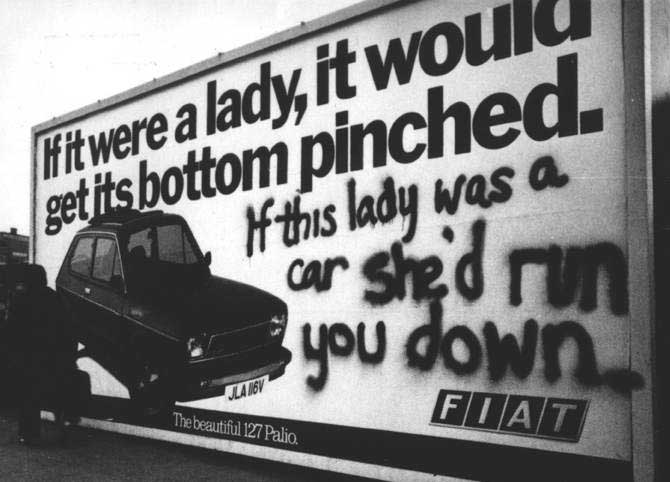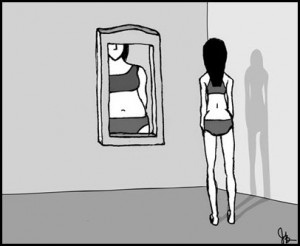“You must have an opinion, and you must express it“, she declared as she opened the session.
“And when Constance Singam exhorts you to do something, you’d better do it. So we paid close attention, not wanting to miss an opportunity to show that we do have opinions … and an ability to voice them.”
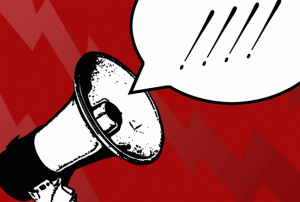 The 25 of us who had gathered for the inaugural session of the AWARE Roundtable listened as past president Dana Lam took us through a brief history of women’s rights in Singapore, pointing out how laws, policies and social norms relating to gender had evolved and the impact of these on the community.
The 25 of us who had gathered for the inaugural session of the AWARE Roundtable listened as past president Dana Lam took us through a brief history of women’s rights in Singapore, pointing out how laws, policies and social norms relating to gender had evolved and the impact of these on the community.
Peppering her presentation with shockingly sexist remarks made in years past by politicians and other notables, younger members of the audience, unborn or too young to have noticed when those statements were made, shook their heads in disbelief.
Hell. I shook my head in disbelief. Apparently, when I was a teenager, the minister for education was telling us girls that we needed to brush up on our skills pertaining to family life and child-rearing. “Upon your shoulders as mothers and wives, will rest the next generation.”
Wow. No pressure.
It was hard getting a handle on what the single most important issue facing women today really is. People spoke passionately about worklife balance, company policies, the lack of affordable childcare in Singapore and the prevailing existence of the glass ceiling for women working in corporate fields, among other things.
What really struck me about the whole session was the rich amounts of knowledge one derives from simple conversation. It is one thing to read about social issues in a book and another hear someone speak from personal experience:
Female university students shared that their male counterparts would gladly participate in equal parenting if it did not affect their chances of promotion. Lawyers shared that wage increment within corporate fields is often based on arbitrary justifications that support sexism. A former investment banker of 17 years, shared that a signed deal often meant her being excluded from networking opportunities because her male counterparts would celebrate by going to a strip-bar. Parents shared their experiences of the pros and cons of different family structures.
What brought home the importance of these sessions was one participant’s view of how all these issues were linked. She noted that everyone was discussing ways in which we could work towards equality within existing political, social and professional structures. Perhaps, she suggested, it would be more productive for us to be examining the mechanisms of how to change these systems themselves. Everyone was in agreement. But where does one begin?
As someone who enjoyed the first round of these discussions enough to sign up as a core member of this new initiative, I hope that that is what these sessions work towards: Discussions that unravel mechanisms for change.
The AWARE Roundtable series will be held the second Thursday of every month. The next session will see Daniel PS Goh, Assistant Professor of Sociology from NUS, speaking about the rise of fundamentalism and how it is affecting women in Singapore.
Some issues slated for future sessions include the discrimination of pregnant women in the workforce, poverty and the rights of singles.
What gender-related issues are you interested in addressing? Drop us a mail at ed@aware.org.sg to let us know and sign up for the next installment of the AWARE Roundtable here.
These discussions are open to AWARE members only. Come with an opinion.




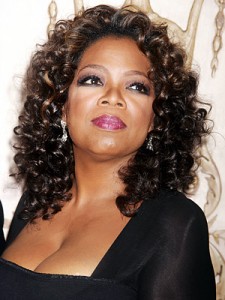 Like millions of others around the world, we watch and commiserate as Americans bare their souls on the Oprah Winfrey Show about sexual abuse, gambling addictions and other problems. But, asks PAMELA NG, why do we get tongue-tied when someone close to us suffers the same problems?
Like millions of others around the world, we watch and commiserate as Americans bare their souls on the Oprah Winfrey Show about sexual abuse, gambling addictions and other problems. But, asks PAMELA NG, why do we get tongue-tied when someone close to us suffers the same problems?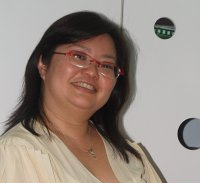
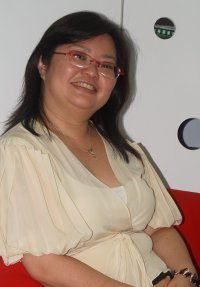 As I write this, my first note to you in my capacity as President, I am conscious that I have, for the third time this month, skipped tutoring my eight year old in Chinese. If the past weeks are indicative, there will be many more skipped sessions ahead. Will she miss them? I’m sure she (or her results) will let me know soon. She sits for her Chinese test tomorrow.
As I write this, my first note to you in my capacity as President, I am conscious that I have, for the third time this month, skipped tutoring my eight year old in Chinese. If the past weeks are indicative, there will be many more skipped sessions ahead. Will she miss them? I’m sure she (or her results) will let me know soon. She sits for her Chinese test tomorrow. If you have an interest in social and other issues and would like to have your say about them, come to our monthly AWARE Roundtable meetings.
If you have an interest in social and other issues and would like to have your say about them, come to our monthly AWARE Roundtable meetings.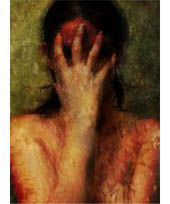


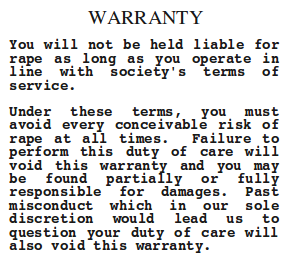
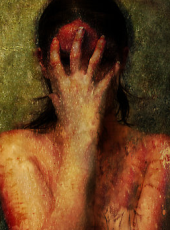 To be raped is to fail at this duty of care. It is thus a matter of shame to be a victim. What other crime causes the victim to feel such shame?
To be raped is to fail at this duty of care. It is thus a matter of shame to be a victim. What other crime causes the victim to feel such shame?
